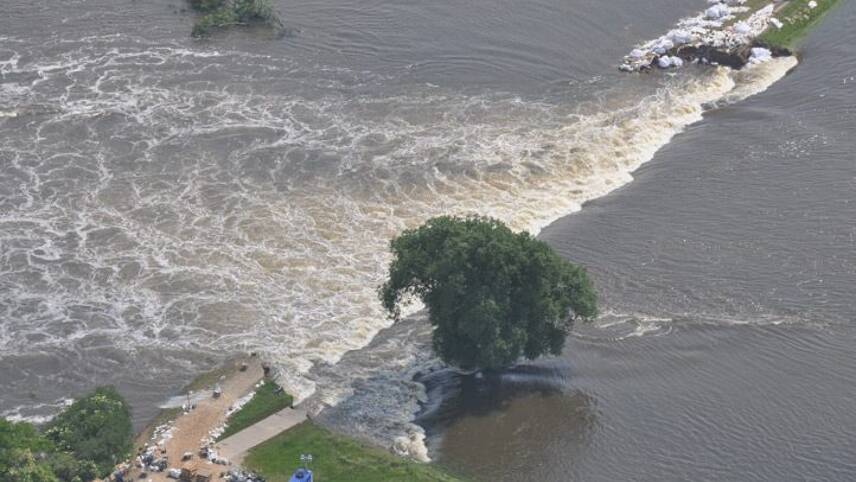Register for free and continue reading
Join our growing army of changemakers and get unlimited access to our premium content

Most of the costs will be caused by the loss of natural coastal protection services
The UK’s £16bn economic hit ranks only behind the US (£63bn) and Japan (£61bn), while the report notes that poorer countries will disproportionately bear most of the costs, in terms of loss of GDP, as forestry, coastal protection and water supply all decline at an alarming rate. Madagascar, for example, is estimated to lose more than 4% of its GDP annually through to 2050.
The Global Futures study, created through a partnership between WWF, the Global Trade Analysis Project and the Natural Capital Project, estimates that the decline of natural assets will cost at least £368bn annually. By 2050, the cumulative cost will reach £8trn, almost equivalent to the combined economies of the UK, France, India and Brazil.
WWF’s executive director of advocacy and campaigns Katie White said: “We are destroying our planet and our economic future. We need urgent, global leadership and immediate action to change the way we use land, to invest in the restoration of nature, to cut emissions and critically to stop destroying forests for food production.
“This needs to be backed in the UK with bold policies to cut our global footprint and future trade deals that clearly reject deforestation and other poor agricultural practices.”
In November, the three organisations warned that rising sea levels, storms and flooding driven by climate change has placed more than £12bn of the UK’s economy at risk, with almost 2.5 million homes in the UK set to be at risk of flooding by 2050.
Coastal protection is largely provided by saltmarshes and seagrass beds. Yet the UK has already lost up to 92% of its seagrass in the last century and 85% of its saltmarsh.
Most of the latest estimated costs will be caused by the loss of natural coastal protection services, which in turn will lead to increased flooding and erosion, while fish stocks will also rapidly decline. These issues will all be prominent in the UK.
Globally, the loss of coastal protections will surpass £250bn in costs, with dwindling carbon sinks adding almost £100bn in losses. Water supply for agriculture, loss of pollinators and declining forestry production will add a further £32bn to the ecological bill.
The report also predicts that key commodities will rise in price due to a lack of availability and volatile production patterns. Timber costs are anticipated to climb 8%, cotton by 6% oil seeds by 4% and fruit and vegetables by 3%.
In 2016, storms and earthquakes across the globe led to the costliest twelve months for natural catastrophe losses since 2012, with insurers paying out around $50bn to cover just 30% of global losses.
These climate-induced catastrophes were responsible for the death of some 8,700 people that year, although enhanced climate resilience has placed this figure well below the ten-year average of 60,000 deaths.
Matt Mace


Please login or Register to leave a comment.